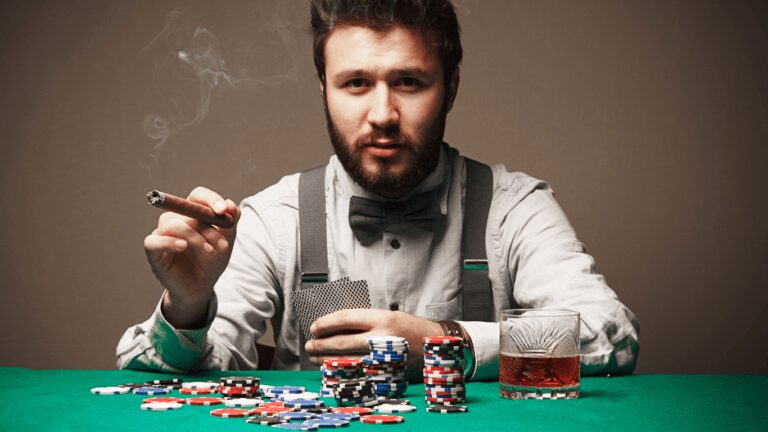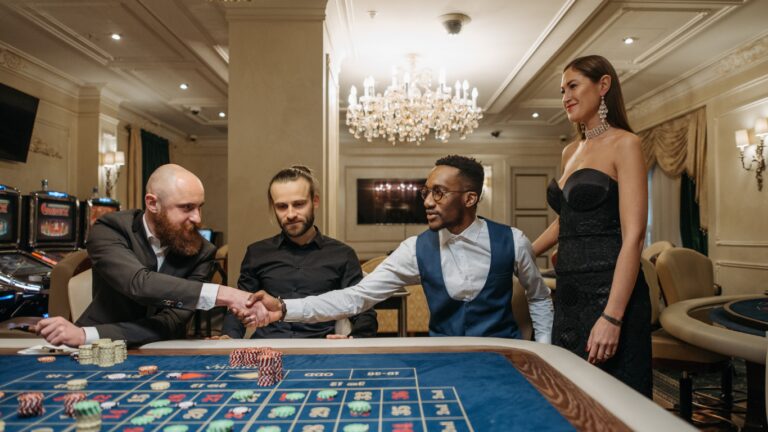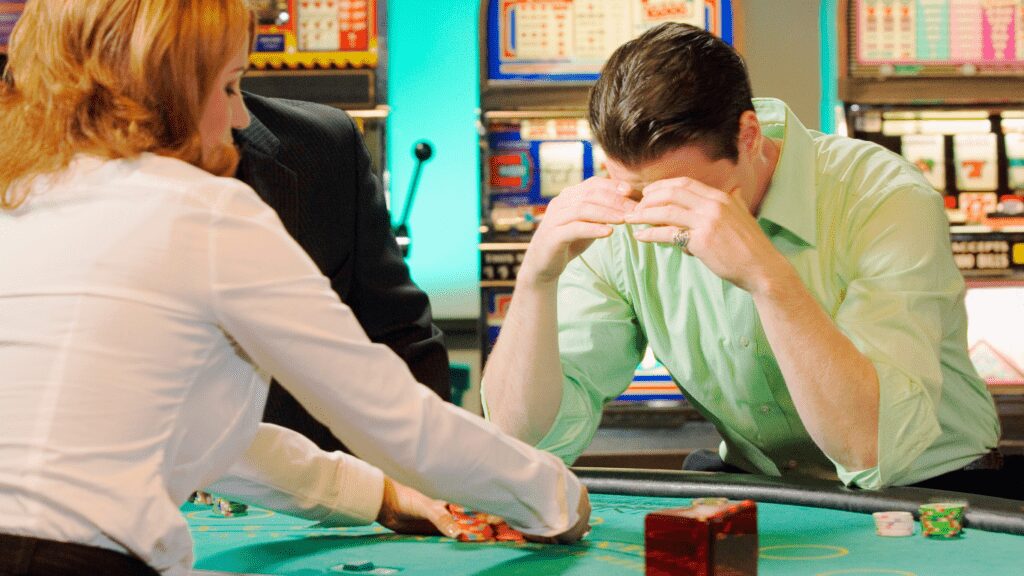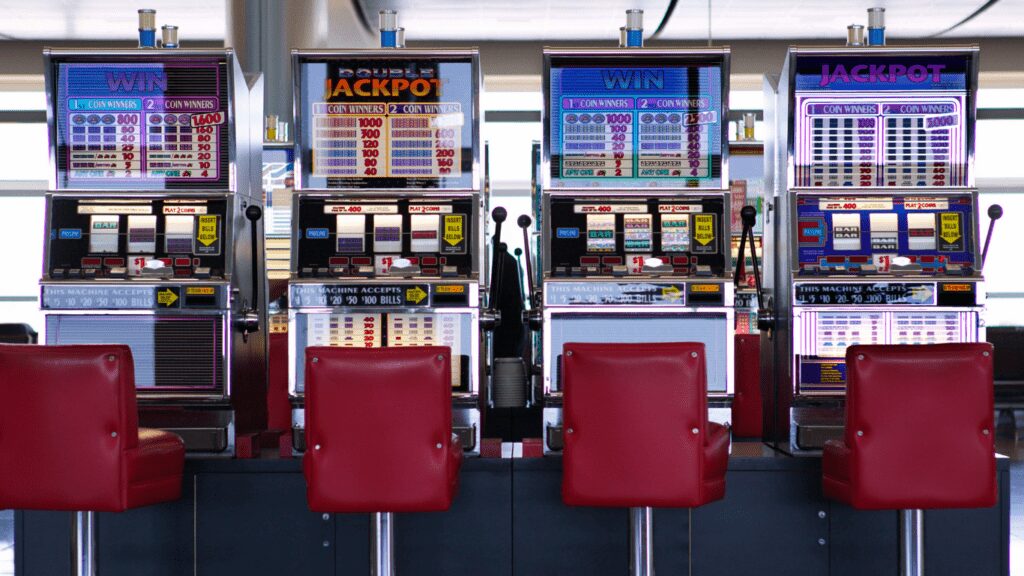Gambling isn’t just about luck—it’s a game of strategy, discipline, and understanding the odds. I’ve seen so many players dive in without a plan, only to walk away frustrated and empty-handed. The truth is, with a smarter approach, you can boost your chances of success and actually enjoy the experience.
Understanding the Basics of Gambling
A solid foundation is key to improving any gambling strategy. By grasping the basics, players can make smarter decisions, reduce unnecessary risks, and enjoy a more rewarding experience.
Importance of Knowing the Rules
Understanding the specific rules of each game ensures better control over gameplay and decisions. Each gambling activity whether:
- poker
- blackjack
- roulette
has unique rules that influence strategies and payouts. For instance, knowing when doubling down in blackjack is allowed or how specific poker hands rank can significantly impact outcomes. Misinterpreting rules often leads to preventable losses. I study the rules carefully before engaging in any game, referring to resources or guides provided by casinos or reputable gambling platforms.
House Edge and How It Affects Your Odds
The house edge represents the mathematical advantage the casino holds over players, varying by game and bet type. For example, European roulette has an edge of 2.7%, while American roulette’s edge increases to 5.26% due to the double-zero pocket. Similarly, blackjack’s house edge can drop to less than 1% with optimal strategy but rises when rules favor the dealer. By selecting games with lower house edge percentages and applying effective strategies, I increase the likelihood of retaining winnings over time.
Developing Smarter Strategies
Strategic thinking reduces unnecessary risks and improves decision-making in gambling. By approaching games with clear plans, I enhance my chances of success and control my gaming experience.
Setting a Budget and Sticking to It
I always set a clear budget before gambling. For instance, if I allocate $200 for a session, I treat this as entertainment expense, not investment capital. Limiting spending prevents emotional decisions and ensures I don’t chase losses. I avoid dipping into funds meant for bills or savings, keeping my finances secure.
Learning from Past Mistakes
Tracking outcomes helps me identify patterns and errors in my gameplay. When I notice consistent mistakes, such as betting impulsively or overextending my bankroll, I adjust my strategy. For example, if I lose frequently by ignoring betting limits, I implement stricter controls. Regular reflection keeps my approach disciplined and adaptable.
When to Walk Away
I decide exit points before playing to maintain control. If I win a set percentage, like 20% of my starting budget, or lose a predetermined amount, I step away. Avoiding prolonged sessions prevents fatigue and rash decisions. By knowing when to stop, I protect my winnings and minimize losses.
Choosing the Right Games

Selecting the right games is essential for improving odds and maximizing enjoyment. Different games require different levels of skill, understanding, and strategy.
Games of Skill vs. Games of Chance
- Games fall into two broad categories: skill-based games and chance-based games.
- Skill-based games, like poker and blackjack, rely on strategy and knowledge.
- These games provide opportunities to reduce the house edge with experience and decision-making.
- In contrast, games of chance, like slots or roulette, are random and don’t allow strategic influence over outcomes.
- I prioritize skill-based games when I want to control my gameplay and employ strategies to improve results. However, for quick, light entertainment, I might opt for chance-based games.
- Knowing the nature of a game and its reliance on skill or luck helps me decide how much time and resources to dedicate.
Evaluating Your Strengths and Weaknesses
I assess my abilities before committing to a game. Success often depends on understanding my strengths, like calculating odds or reading opponents, and acknowledging weaknesses, such as impatience or lack of familiarity with rules.
If I’m skilled at strategy-oriented games, I focus on those to enhance my chances. Conversely, if I recognize a gap in knowledge, I take time to learn or avoid those games altogether to minimize losses. Regular evaluations of my performance and careful analysis ensure I adapt and improve my gameplay effectively.
Managing Your Bankroll Effectively
Effective bankroll management safeguards your gambling experience and helps maintain financial control. Success lies in allocating funds wisely and staying disciplined throughout your sessions.
Dividing Your Funds
Dividing funds ensures consistent play without risking excessive losses. I set aside a fixed gambling budget separate from essential expenses like rent and groceries. Within that budget, I allocate specific portions for each session. For instance, if my total bankroll is $500, I might dedicate $50 for one session.
I also determine appropriate betting limits based on the game’s stakes. For example, in blackjack, I only wager a small portion, such as 1-5% of my session’s funds, per hand to avoid depleting my budget too quickly. This systematic breakdown extends playtime and allows better decision-making.
Avoiding Emotional Betting
Keeping emotions in check prevents impulsive decisions that harm overall performance. Defensive measures like setting strict win or loss limits keep my focus sharp. For example, if I aim to stop after winning $200 or losing $100, I ensure I walk away once these thresholds are met.
I always avoid “chasing losses,” which often leads to bigger setbacks. Instead, I step away when overwhelmed to reassess my strategy. Practicing mindfulness and taking breaks between games, especially during stressful situations, helps me make rational, thoughtful betting choices.
















































































































































































































































































































































































































































































































































































































































































































































































































































































































































































































































































 Tericaliah Flannery, co-founder of Casinomastermindx, is known for her deep understanding of iGaming technology and casino software development. She focuses on merging user experience with emerging tech tools to help players make smarter, data-backed decisions in the online casino world.
Tericaliah Flannery, co-founder of Casinomastermindx, is known for her deep understanding of iGaming technology and casino software development. She focuses on merging user experience with emerging tech tools to help players make smarter, data-backed decisions in the online casino world.
